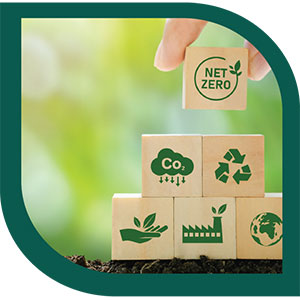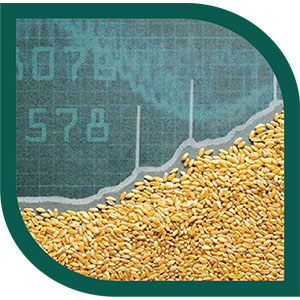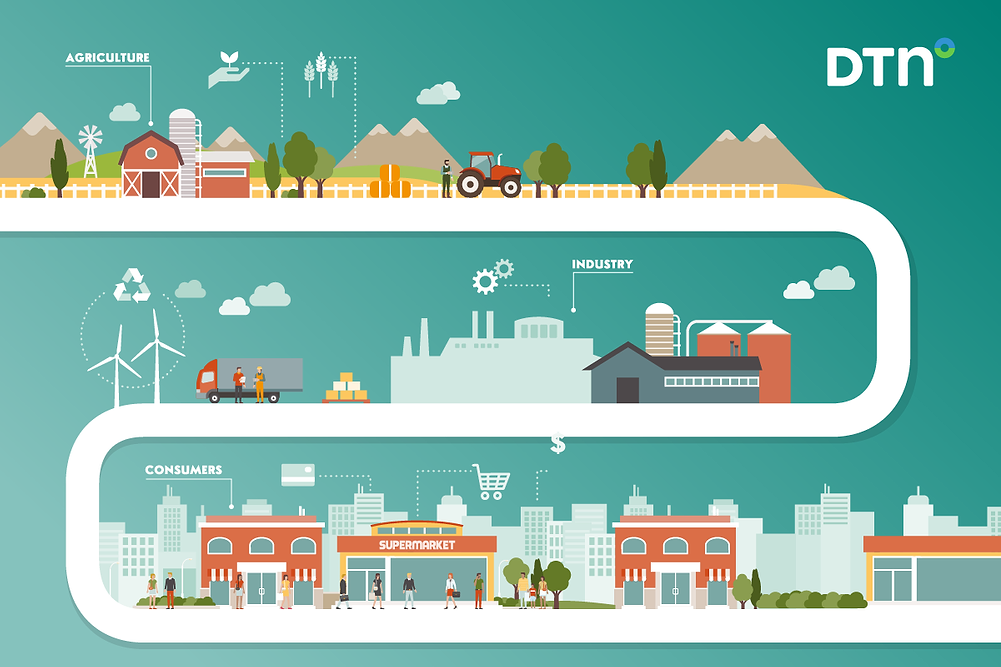As food companies seek to reduce carbon emissions associated with their supply chain, there has been increasing interest in sourcing sustainably grown ingredients like grain. There are currently no  Source: DTNstandardized guidelines for what makes grain “sustainable,” but it typically means grain grown using farming practices that produce fewer carbon emissions than conventional practices.
Source: DTNstandardized guidelines for what makes grain “sustainable,” but it typically means grain grown using farming practices that produce fewer carbon emissions than conventional practices.
Upcoming Scope 3 reporting requirements have increased the need for trusted farm carbon emissions data, but accessing reliable data on which producers have used sustainable farming practices can be challenging. So how do you source sustainable grain knowing for certain that it was grown with a low carbon footprint?
Reliable grain sustainability data is here
EcoField™ data offers comprehensive insights into the sustainability practices of U.S. producers across 34 states for 19 of the most prominent crops, making it easier to source grain that meets your sustainability needs. It’s a must-have resource to quickly find grain growers who match your requirements for low-carbon crops.
The most comprehensive field-level sustainability data in the market
EcoField data calculates the sustainability impact of each bushel or ton, allowing straightforward tracking, management and reporting of the impact that sustainable  Source: DTNfarming practices have on carbon emissions. You can easily access EcoField data via a flexible and intuitive interface or integrate the data directly into your own online solution via APIs or by using the raw data.
Source: DTNfarming practices have on carbon emissions. You can easily access EcoField data via a flexible and intuitive interface or integrate the data directly into your own online solution via APIs or by using the raw data.
EcoField data covers the broadest geographic zone and uses the most comprehensive farming practice attributes available so you can easily identify sustainability-focused growers. It’s the only sustainable data resource to combine broad-scope intelligence with detailed field-level data directly from growers, allowing you to monitor the sustainability of your grain suppliers, highlight potential business opportunities and confidently address ESG and Scope 3 reporting requirements.
As the sustainability of food ingredients continues to grow and evolve, access a solution that ensures the most comprehensive grain carbon emissions data. To explore more benefits of robust and reliable data from EcoField data, visit dtn.com/ecofield-data.






